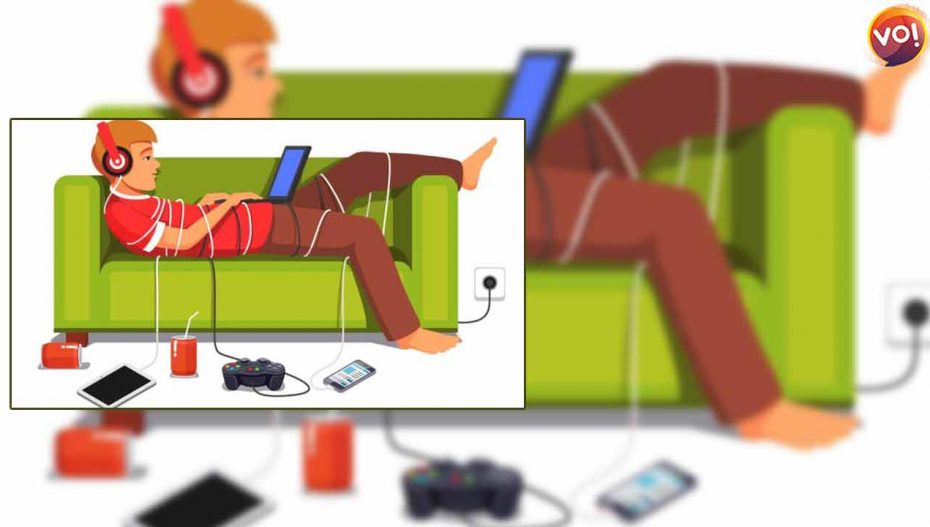Kimaya Rana
In today’s heavily digitalized world, it is nearly impossible to eliminate technology from a teen’s life as it is an essential and convenient tool. We are also aware that there are multiple adverse effects of the overuse of technology – Mental health issues (such as depression or anxiety), burnout, jealousy, inability to concentrate, unhappiness, the feeling of not belonging or missing out and many more. These may not seem very serious but in the long run, they can really affect a young mind’s perception of the world and development. What’s the solution to this? Balance – Balance is the key. It is the only way of maintaining a healthy relationship with technology, making the most out of it without letting it take over your life – This is digital wellbeing. If you’re struggling with your technology addiction, unhealthy screen time or any similar technology-related issue, read ahead.
The first step to maintaining a healthy relationship with technology is to address that there is a problem in the first place, ask yourself this, “Am I using technology or is technology using me?”. This is an extremely crucial step in identifying where you stand in terms of dependency. One should monitor their dependency on technology and try to incorporate traditional methods of performing tasks that they would generally do on their phone – try carrying a notepad around to write important stuff down (this way you’ll even have a physical reminder of things you need to get done) or try using an alarm clock instead of the app on their phone to get you up in the morning.
Another thing that could be done is to take digital detoxes. This is when you completely stay away from your digital devices for a certain period of time. As a student, doing this over the weekend is ideal. This is a wonderful way to keep away from distractions and get a lot of work done.
As the famous saying goes – “Out of sight, out of mind.” If it gets overly tempting to be on your phone or laptop, it can eventually result in the inability to concentrate and decrease performance quality. In such a case, try talking to parents about it. Giving your phone to them for a set period of time, parental controls or locking it away in a cupboard or drawer or even putting it away in another room is a great idea.
Regulating one’s relationship with technology is not an easy task, it is something the person has to be extremely serious about and it has to come to a point where the habits mentioned above become engraved in one’s memory- an unconscious standard practice. The issue of addiction to technology or being overly dependent on it is something that should be solved on a priority basis, so as to minimize the damage caused by it.

Also Read: Finding It Difficult To Study? Here Are A Few Tips That Might Help…












